Rosemary Oil, Therapeutic Grade Rosemary Essential Oil.
Moroccan rosemary (Rosmarinus officinalis) is a variety of rosemary native to the North African country of Morocco.
Rosemary is a well-known aromatic plant, cultivated and used worldwide for culinary, medicinal and aromatic purposes.
Moroccan rosemary, like other rosemary varieties, has its own characteristics and is appreciated for its aromatic and culinary qualities.
The history of rosemary (Rosmarinus officinalis) in Morocco, like in many other regions, is closely tied to its culinary, medicinal, and aromatic uses. Here’s a brief overview of the history of rosemary in Morocco:
- Ancient Usage: Rosemary has a long history of use in the Mediterranean region, which includes Morocco. It is believed to have been cultivated and used in this area for thousands of years. Ancient civilizations, including the Egyptians, Greeks, and Romans, used rosemary for a variety of purposes.
- Culinary Use: Rosemary has been a popular culinary herb in Morocco for centuries. It is used to season a wide range of dishes, including traditional Moroccan stews and grilled meats. The herb adds a distinctive and aromatic flavor to Moroccan cuisine.
- Traditional Medicine: In addition to its culinary use, rosemary has a history of being used in traditional herbal medicine in Morocco. It was believed to have medicinal properties, including the ability to aid digestion, improve memory and concentration, and alleviate headaches. It was also used topically for various ailments.
- Aromatic and Ritual Use: Rosemary’s aromatic qualities have made it a popular choice for various rituals and customs in Morocco. It has been used in incense, perfumes, and as a fragrant decoration. In some cultures, it was associated with protection and purification.
- Cultural Significance: Rosemary has cultural significance in Morocco, as it is integrated into the country’s culinary traditions and cultural practices. It is often grown in home gardens and used in daily cooking.
- Modern Usage: Today, Moroccan rosemary continues to be a staple herb in Moroccan cuisine. It is also used in the production of essential oils, which are valued for their aromatic properties and potential health benefits.
- Cultivation: Rosemary grows well in the Mediterranean climate of Morocco, and it is relatively easy to cultivate. Many households in Morocco have rosemary plants in their gardens or pots, ensuring a readily available supply for cooking and other uses.
- Rosemary belongs to the Lamiaceae family, genus Rosmarinus. Its botanical name is Rosmarinus officinalis.
- The herb is believed to have originated in the Mediterranean region as a wild, evergreen, sparsely-leaved shrub.
- Today it is cultivated in almost all parts of the Mediterranean and Asia Minor as an important culinary herb.
- It is known for its fresh, herbaceous, and woody aroma and is widely used in aromatherapy and natural remedies for various health conditions.
- Our Organic Rosemary Oil is a highly aromatic oil, extracted from the flowers of the rosemary plant by steam distillation before being used in different applications for various purposes.
- Among the reasons rosemary essential oil is popular are the positive effects it has on the nervous system, respiratory system, and immune system.
Rosemary Oil – Characteristics :
- Concentrated, pure and organic rosemary essential oil, 100% natural origin.
- No additives, no dilutions, no fillers.
- It can relieve headaches.
- It is concentrated and pure
- This oil has many uses and is known for its exceptional aroma.
Advantages :
- Rosemary Essential Oil Strengthens the immune system, anti-aging, antiseptic, antifungal and antibacterial properties.
- Rosemary Oil Can be used to soothe aches and pains, help skin problems and promote relaxation.
- Helps relieve stress and anxiety, gently massage the oil behind your ears, on your upper arms, on your ankles.
- Rosemary oil can be an excellent home remedy for migraines and headaches.
- It is a pure and powerful product, never diluted or adulterated.
- It is easy to use, not only as a room diffuser but also as an effective massage oil.
- Contains antiseptic and antispasmodic properties which can help relieve pain.
- Gently massage the oil behind your ears, on your upper arms, on your ankles. It can be an excellent home remedy for migraines and headaches.
Moroccan rosemary, like other varieties of rosemary, is a versatile and aromatic herb that is appreciated for its culinary and potential therapeutic uses. It plays a significant role in Moroccan cuisine, adding a distinctive flavor to many traditional dishes. Additionally, its essential oil and herbal preparations are valued for their aromatic and potential health-promoting properties.
What is Rosemary Essential Oil ?
Rosemary essential oil is a highly concentrated aromatic oil that is extracted from the leaves and flowering tops of the rosemary plant, scientifically known as Rosmarinus officinalis. It is one of the many essential oils derived from plants and has a distinct and invigorating aroma. Here are some key characteristics and uses of rosemary essential oil:
- Aroma: Rosemary essential oil has a fresh, herbaceous, and slightly woody scent with hints of camphor. Its aroma is often described as uplifting and energizing, making it a popular choice for aromatherapy.
- Extraction: The oil is typically extracted through steam distillation, a process that involves passing steam through the rosemary plant material to capture the volatile aromatic compounds. This process separates the essential oil from the plant material.
- Therapeutic Properties: Rosemary essential oil is known for its potential therapeutic properties, including:
- Mental Clarity: It is believed to improve mental clarity, focus, and concentration. Many people use it for cognitive support.
- Respiratory Health: Inhaling rosemary vapor may help clear the respiratory tract and alleviate congestion.
- Muscle and Joint Pain: When diluted with a carrier oil, it can be used topically to relieve muscle and joint pain.
- Hair Care: Rosemary oil is commonly used in hair care products due to its potential to stimulate hair growth and reduce dandruff.
- Antioxidant Properties: It contains compounds like rosmarinic acid and carnosic acid, which have antioxidant properties and may protect cells from oxidative stress.
- Aromatherapy: Rosemary essential oil is widely used in aromatherapy practices. It can be diffused in the air or added to massage oils, bathwater, or homemade cleaning products to create a refreshing and stimulating atmosphere.
- Culinary Use: In some culinary traditions, small amounts of rosemary essential oil are used for flavoring purposes. However, it should be used sparingly and with caution because it is highly concentrated.
- Skin Care: It can be added in very small quantities to skincare formulations for its potential anti-inflammatory and antibacterial properties. Proper dilution is essential when using it on the skin.
- Caution: Rosemary essential oil is potent and should be used with care. It’s essential to dilute it with a suitable carrier oil before applying it to the skin, and a patch test should be performed to check for skin sensitivity or allergies. Pregnant women and individuals with certain medical conditions should consult a healthcare professional before using essential oils.
- Storage: To maintain its potency, rosemary essential oil should be stored in a cool, dark place, away from direct sunlight and heat.
Rosemary essential oil is a versatile and aromatic oil with various potential benefits, but it should be used responsibly and according to proper guidelines to ensure safety and effectiveness.
What are the uses of Rosemary Essential Oil ?
Rosemary essential oil has a wide range of uses due to its aromatic and potential therapeutic properties. Here are some common uses for rosemary essential oil:
- Aromatherapy: Rosemary essential oil is frequently used in aromatherapy for its uplifting and invigorating scent. It can help improve mental clarity, concentration, and alertness. Diffuse a few drops in an essential oil diffuser to create a stimulating atmosphere, especially when studying or working.
- Hair Care: Rosemary oil is known for its benefits for hair and scalp health. It may help stimulate hair growth, reduce dandruff, and strengthen hair follicles. You can add a few drops of rosemary essential oil to your shampoo or conditioner or dilute it with a carrier oil (such as jojoba or coconut oil) and massage it into your scalp.
- Topical Application: When diluted with a carrier oil, rosemary essential oil can be applied topically to relieve muscle and joint pain. It may also be used in massage oils to ease tension and promote relaxation. Always follow proper dilution guidelines to avoid skin irritation.
- Respiratory Health: Inhaling rosemary vapor may help open up the respiratory passages, making it useful for alleviating congestion and promoting easier breathing. Add a few drops to a bowl of hot water, cover your head with a towel, and inhale the steam.
- Skin Care: Rosemary oil contains antioxidants and has potential anti-inflammatory and antibacterial properties, making it suitable for skincare. It can be added to DIY skincare formulations like creams, lotions, and serums. Be cautious with the dilution ratio to avoid skin irritation.
- Pain Relief: Rosemary essential oil, when applied topically to areas of discomfort, can provide relief from headaches, muscle aches, and joint pain. It is commonly used in aromatherapy massage blends for this purpose.
- Household Cleaning: Due to its antibacterial properties and fresh scent, rosemary essential oil can be used in homemade cleaning products. It can help disinfect surfaces and leave a pleasant aroma in your home.
- Culinary Use: While it is essential to use rosemary essential oil sparingly in cooking, a drop or two can be added to recipes for flavoring purposes. It works well in dishes like roasted meats, soups, stews, and marinades. Always exercise caution and use it in minimal quantities, as it is highly concentrated.
- Mental Well-Being: Rosemary essential oil is believed to have mood-enhancing properties. Inhaling its aroma may help reduce feelings of stress, anxiety, and fatigue, promoting a sense of well-being.
- Scalp and Hair Health: Massaging diluted rosemary essential oil into the scalp can help improve blood circulation and may be beneficial for individuals experiencing hair loss or thinning.


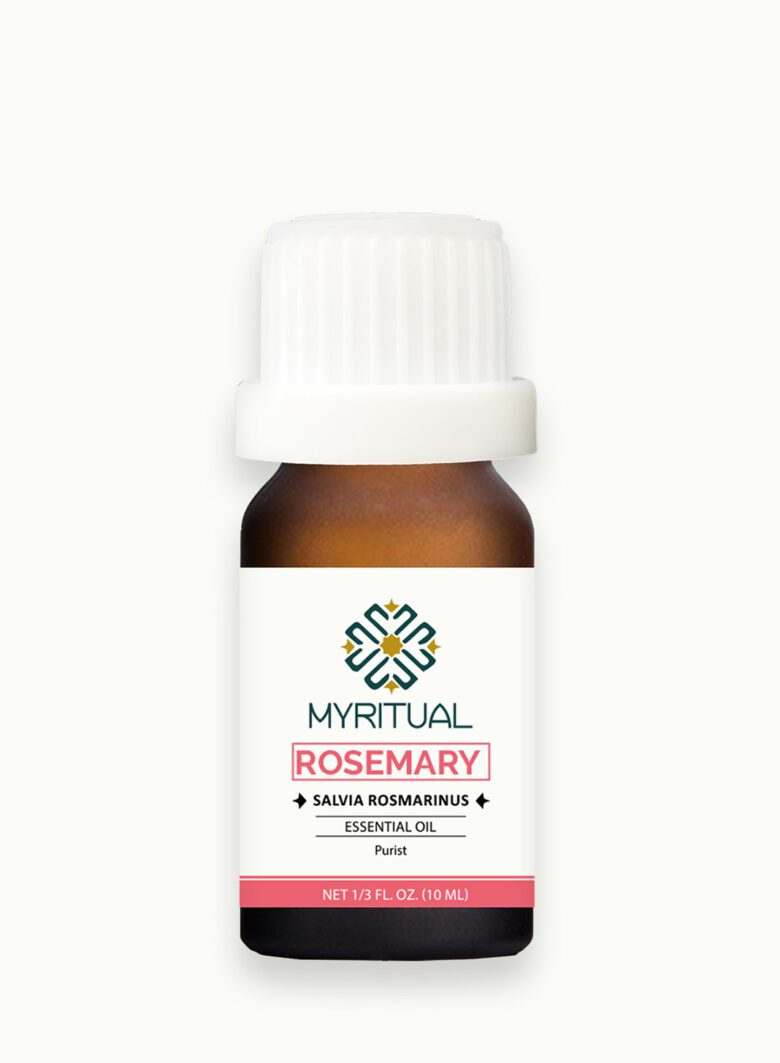

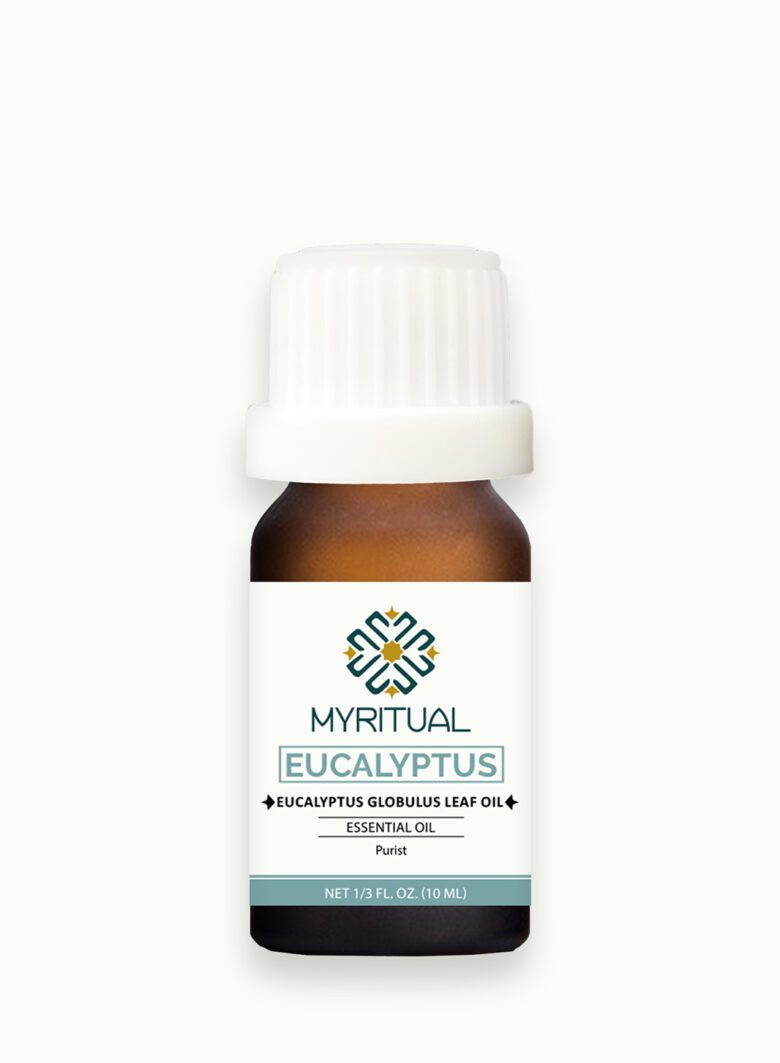

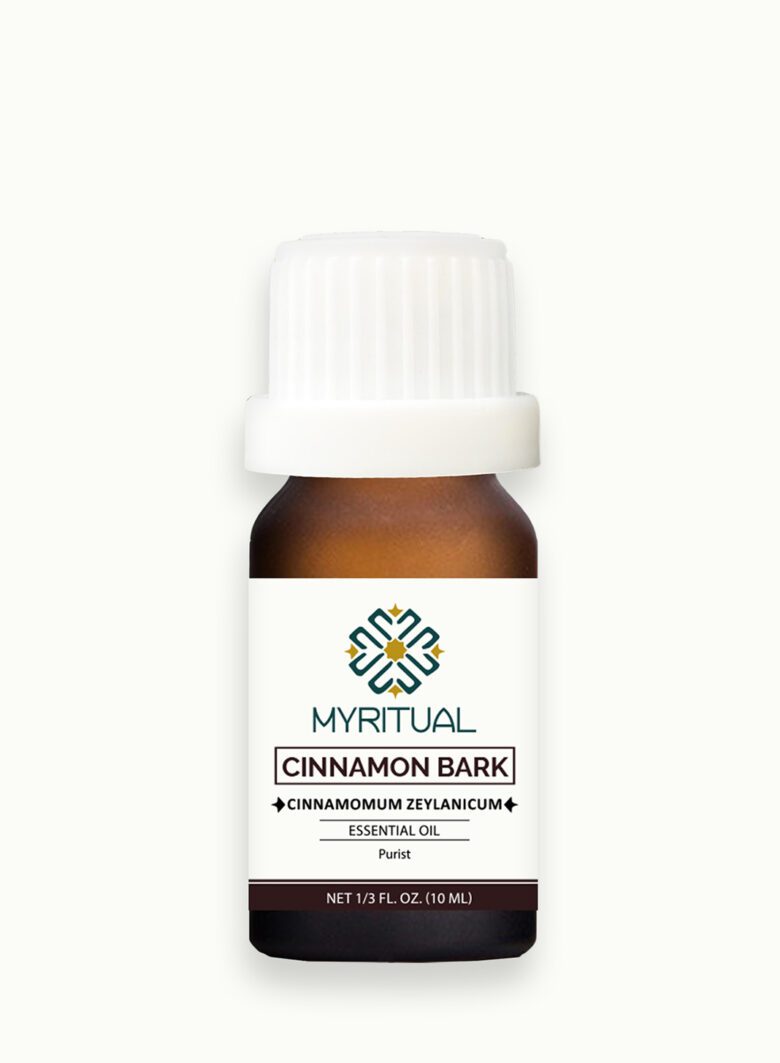

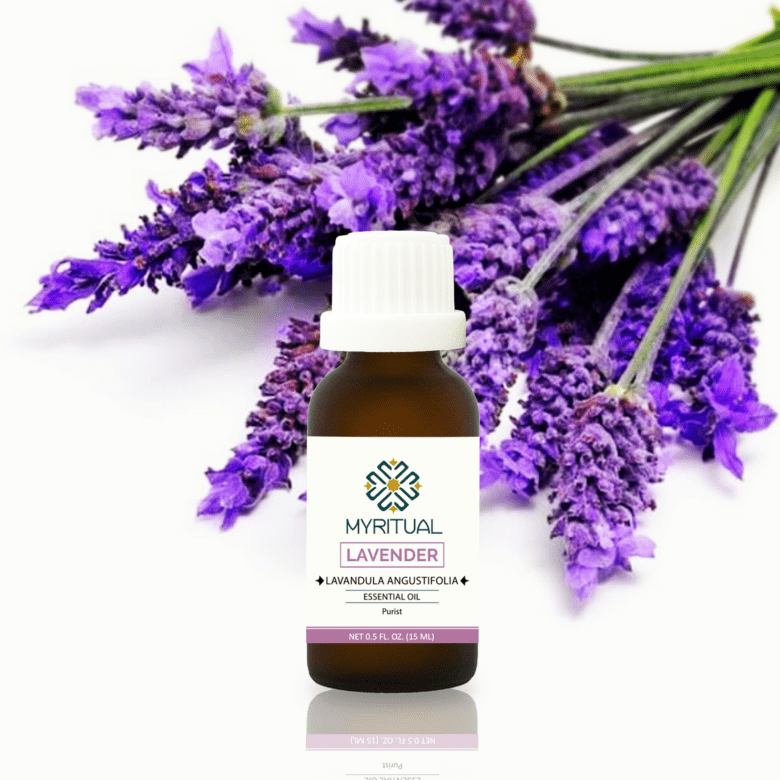
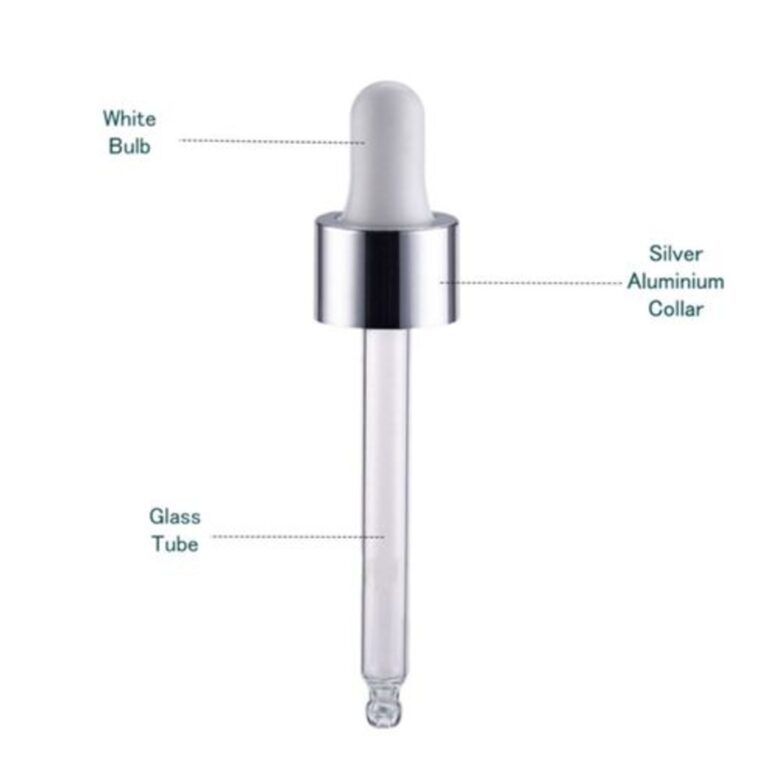
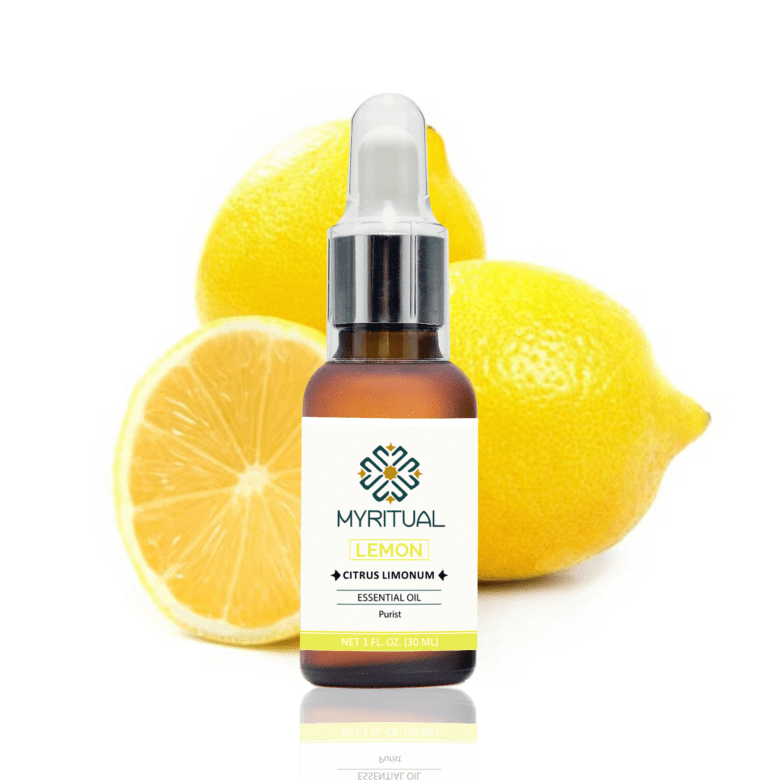
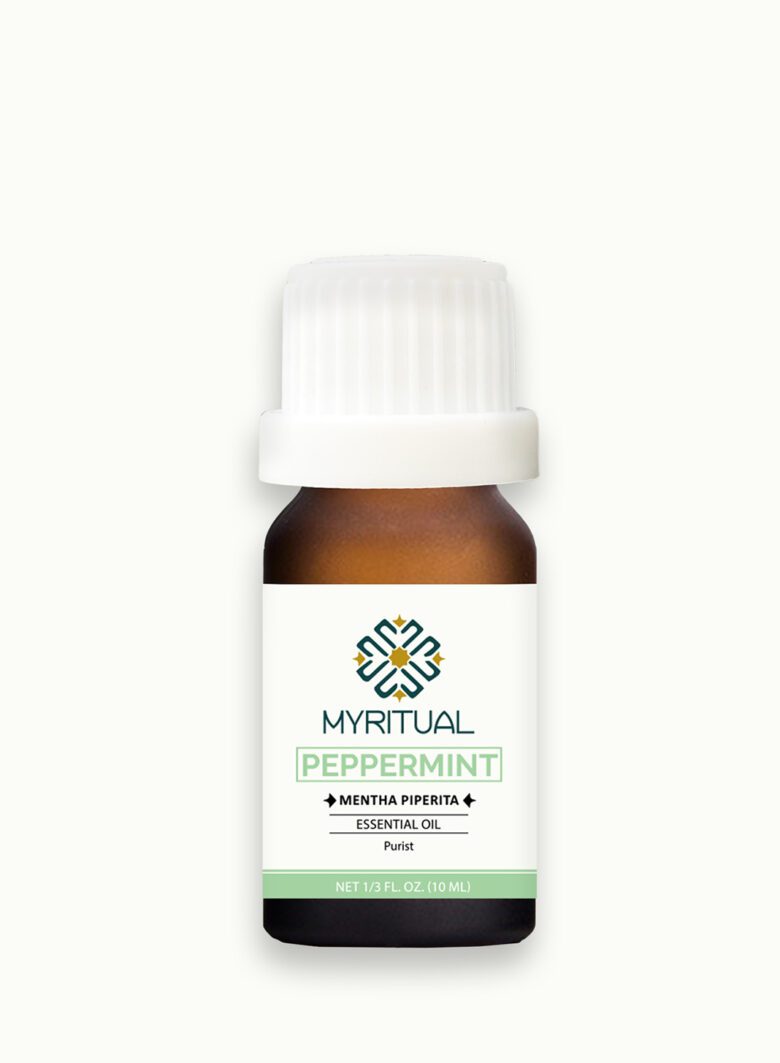

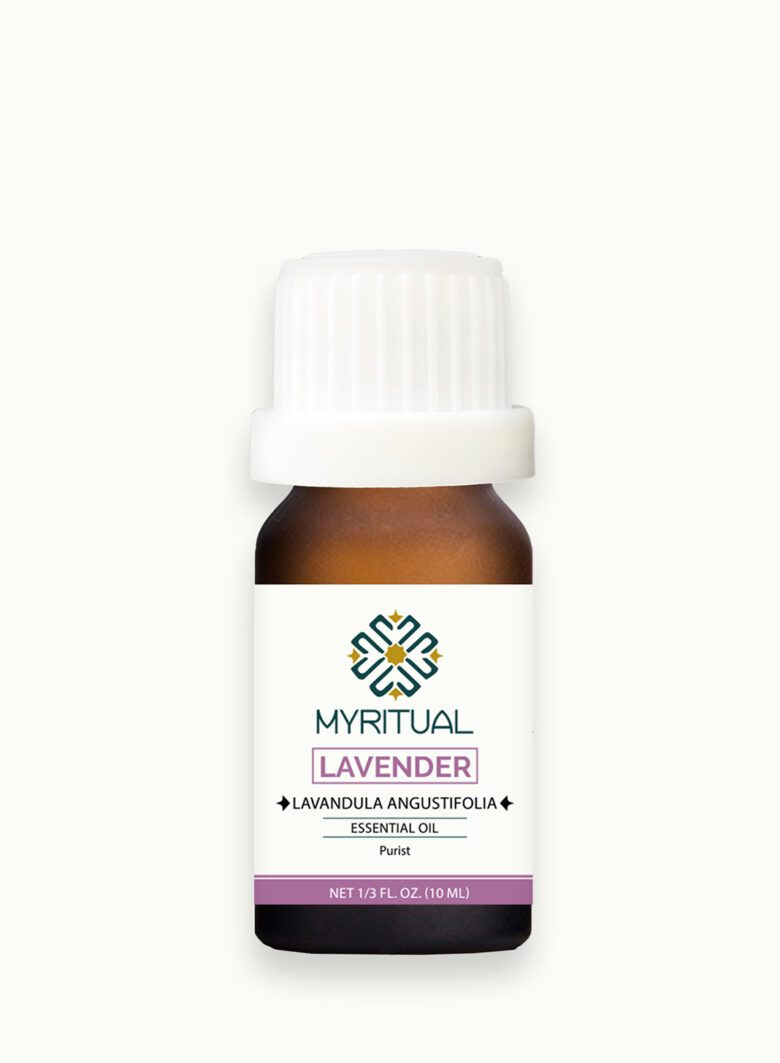
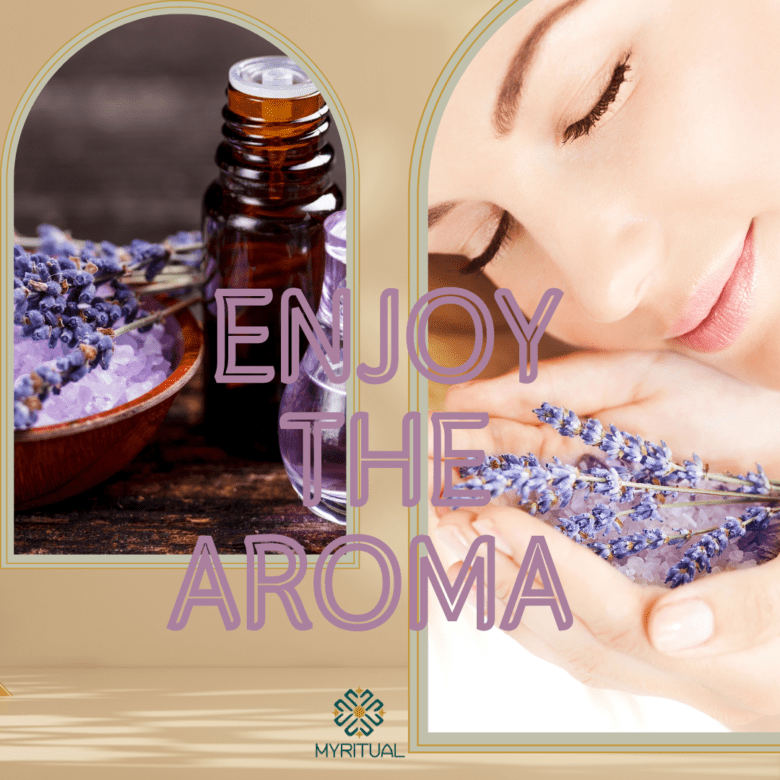
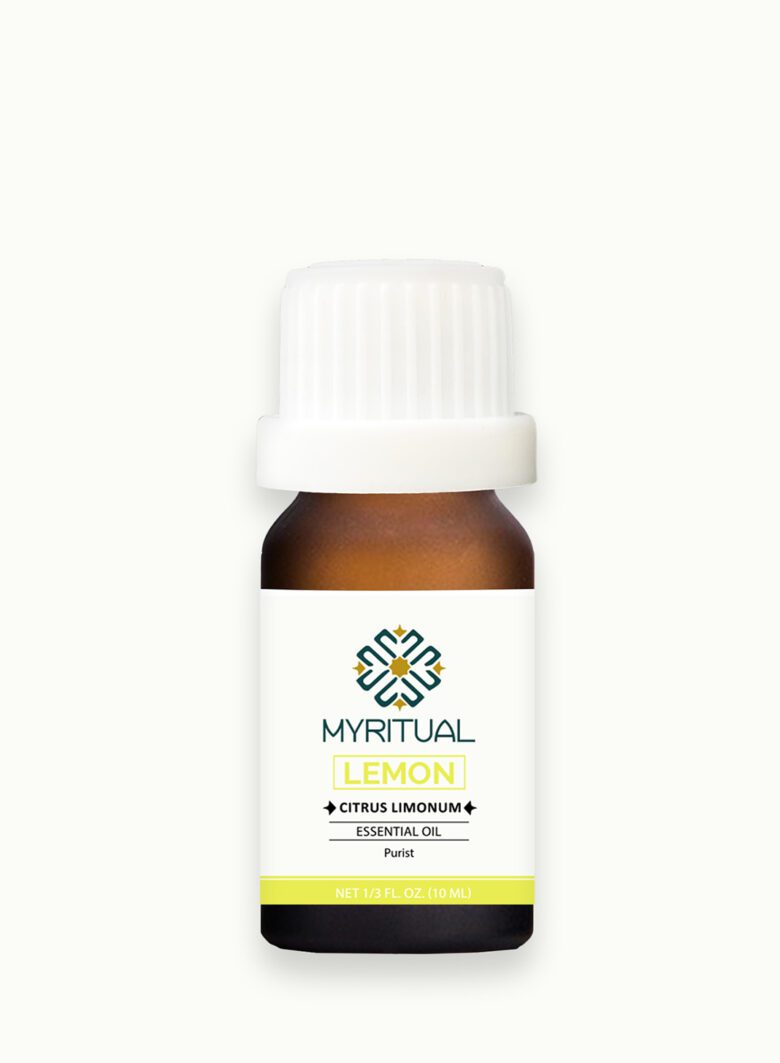




YcefHalim –
Very strong odor, but rosemary oil has been scientifically proven to speed up the process of hair growth (check google scholar). I haven’t noticed any difference but also I recommend dilating the oil because it is so concentrated. It can be easier on your scalp and make the product last longer.